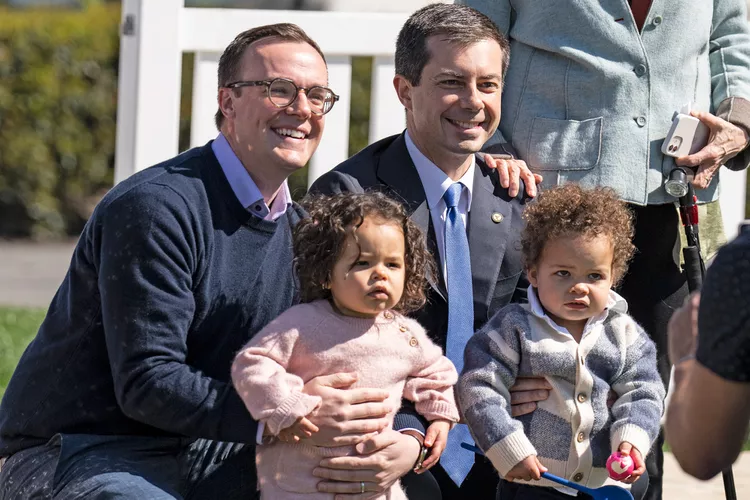
For decades, Ellen DeGeneres was celebrated as the “queen of kindness.” With her daytime talk show bringing laughter, dance, and heartfelt moments into millions of homes, she built a brand around positivity and compassion. Yet, over the years, allegations surfaced that painted a different picture—one where the image of kindness clashed with claims of toxic workplace behavior and moments of coldness behind the camera.
The phrase ellen degeneres mean became a trending topic online, sparking debates about authenticity in celebrity culture and how much of what we see on screen reflects real life. This article dives deep into the controversy, exploring the origins of these claims, the fallout, and the lessons it offers.
Ellen’s Rise to Stardom
Before diving into the controversy, it’s important to understand Ellen’s journey. She began as a stand-up comedian in the 1980s, earning recognition for her witty observational humor. Her big break came when she starred in the sitcom Ellen during the 1990s.
In 1997, Ellen made history by coming out as gay on The Oprah Winfrey Show and through her sitcom character—a groundbreaking moment for LGBTQ+ representation in media. Though it briefly impacted her career, Ellen’s resilience paved the way for her talk show, The Ellen DeGeneres Show, which ran from 2003 to 2022.
For nearly two decades, Ellen embodied a cheerful host who encouraged audiences to “be kind,” gave away prizes, and spotlighted inspirational stories. That wholesome reputation is why the later allegations hit so hard.
The Shift in Public Perception
Rumors Turn Into Headlines
While Ellen’s public persona centered on joy and generosity, whispers of a different reality circulated in Hollywood circles. Stories of staff members feeling mistreated and accusations of harshness began to emerge. In 2020, several former employees of The Ellen DeGeneres Show came forward with claims about a toxic workplace environment.
Reports included accounts of unfair treatment, fear of speaking up, and an atmosphere far from the lighthearted tone projected on television. Major media outlets picked up these stories, leading to a storm of criticism and a formal internal investigation by WarnerMedia.
Online Reactions
Social media amplified the controversy. Hashtags questioning whether Ellen was as nice as she appeared trended globally. Memes, anecdotes from fans, and stories from guests who claimed she behaved coldly behind the scenes fueled the narrative. The phrase ellen degeneres mean started to dominate online discussions.
Ellen addressed the accusations in the opening monologue of her 2020 season, apologizing and admitting that things behind the scenes “happened that never should have happened.” While some appreciated the acknowledgment, others felt it was too late to repair the damage.
Was Ellen Really “Mean”?
Understanding the Allegations
When people ask whether Ellen was “mean,” they often refer to two layers: her personal behavior and the work environment of her show. Critics argue that Ellen did not live up to her “be kind” mantra, pointing to alleged coldness, controlling tendencies, or detachment off-camera.
However, some colleagues and celebrity friends defended her, suggesting that the controversy exaggerated isolated incidents. They emphasized the pressures of managing a long-running talk show, which may explain, but not excuse, tense interactions.
The Dual Persona of Celebrities
Ellen’s case highlights a broader truth: celebrities often craft a brand persona that doesn’t always align with their private selves. Viewers grew accustomed to seeing her as endlessly bubbly and generous. When stories contradicted that image, the dissonance felt especially jarring.
Thus, the ellen degeneres mean conversation reveals not only Ellen’s personal controversies but also society’s expectations of public figures.
The Talk Show Industry Pressure
Demanding Environment
Running a daily talk show is no small task. The pressure to deliver ratings, attract high-profile guests, and maintain an image of perfection can create stress behind the curtain. Many talk show hosts, from David Letterman to Oprah Winfrey, have spoken about the immense toll such work takes.
In Ellen’s case, the expectations were magnified because she had built her reputation around kindness. Any slip, whether real or perceived, was more damaging than it might have been for others.
Staff Experiences
Former staff members described feeling intimidated and unsupported. Even if Ellen wasn’t directly involved in every incident, as the face of the show, she bore responsibility for the culture cultivated in her workplace. The controversy ultimately pushed WarnerMedia to take a closer look at working conditions across entertainment production.
The Broader Lessons from Ellen’s Story
Celebrity Image vs. Reality
The Ellen saga reminds us that television is entertainment, not an unfiltered reflection of a host’s personality. Audiences often conflate the two, expecting public figures to live up to the characters they play on screen.
The Power of Social Media
The rise of the internet amplified Ellen’s downfall. What might have once been whispered rumors became viral hashtags and global conversations. Public opinion turned quickly, showing how vulnerable even the most beloved celebrities are in the age of instant digital sharing.
Workplace Accountability
On a deeper level, this controversy sparked conversations about workplace culture across industries. Employees everywhere recognized echoes of their own struggles—lack of voice, unfair treatment, or disconnection between leadership’s words and actions. Ellen’s case became a high-profile example of the importance of alignment between values and daily practices.
Ellen’s Legacy Beyond the Mean Label
Career Achievements
It’s important not to reduce Ellen’s decades of contributions to a single narrative. She paved the way for LGBTQ+ representation, used her platform to raise awareness for charitable causes, and provided entertainment to millions for nearly twenty years.
Her talk show won dozens of Daytime Emmy Awards, and she became a household name known globally. Her comedy specials, hosting gigs at the Oscars, and entrepreneurial ventures also mark her as a multifaceted talent.
Mixed Reputation
That said, Ellen’s reputation will forever be complicated. For some, she’ll remain a trailblazer who made kindness mainstream. For others, she symbolizes the disconnect between image and reality. The truth likely lies somewhere in between—acknowledging her groundbreaking contributions while not dismissing the experiences of those who felt wronged.
How the Public Perceives Kindness After Ellen
The controversy shifted the way audiences view celebrity kindness campaigns. Once, messages like “be kind” were embraced wholeheartedly. Now, people are more cautious, questioning whether such mantras are genuine or marketing strategies.
The ellen degeneres mean conversation created space for healthier skepticism. Fans are learning that kindness should not just be a performance but a consistent, lived value—something that extends beyond cameras and applause.
Conclusion
Ellen DeGeneres’ story is one of duality—success and controversy, kindness and criticism, inspiration and disappointment. The allegations of toxicity and coldness shattered the illusion of perfect kindness but also opened necessary dialogues about authenticity, workplace culture, and the burdens of celebrity branding.
While Ellen’s legacy is mixed, her journey teaches us that kindness must be more than a catchphrase—it must be real, practiced, and extended to everyone, not just when the cameras are rolling. In the end, the debate around ellen degeneres mean is less about Ellen alone and more about what we, as a society, expect from our cultural icons.


